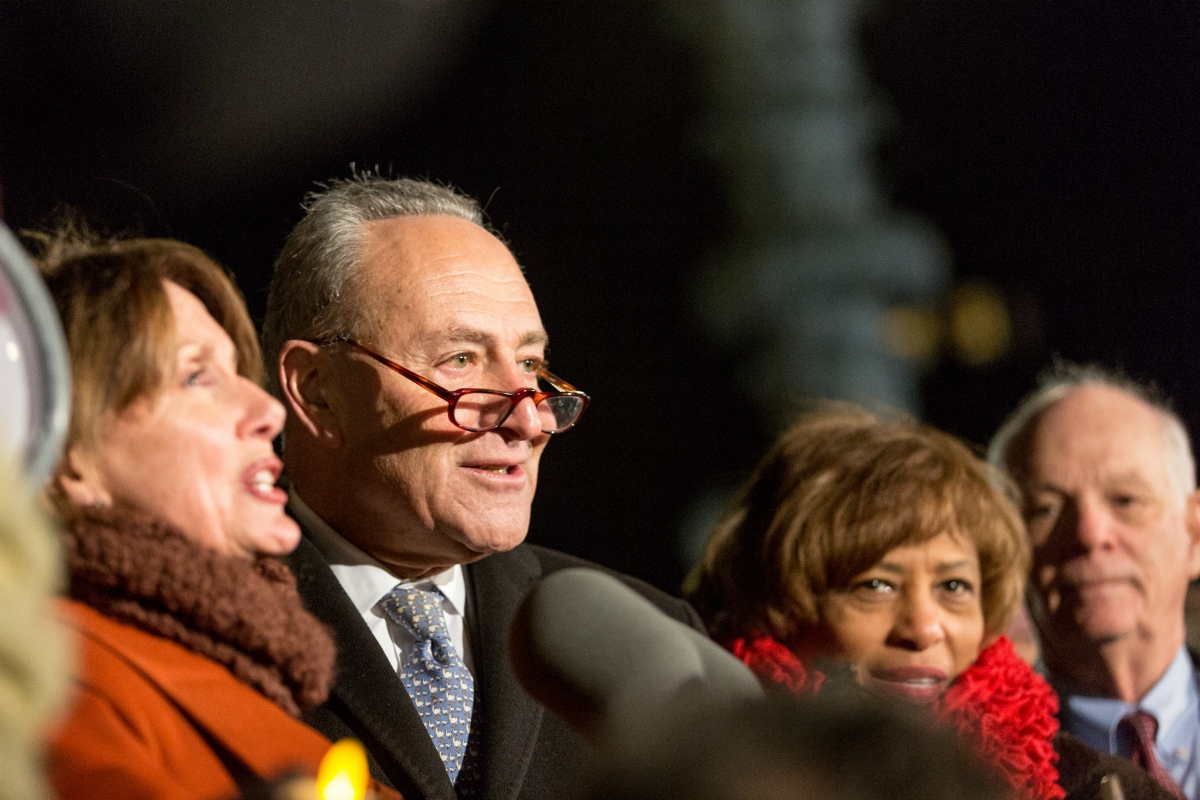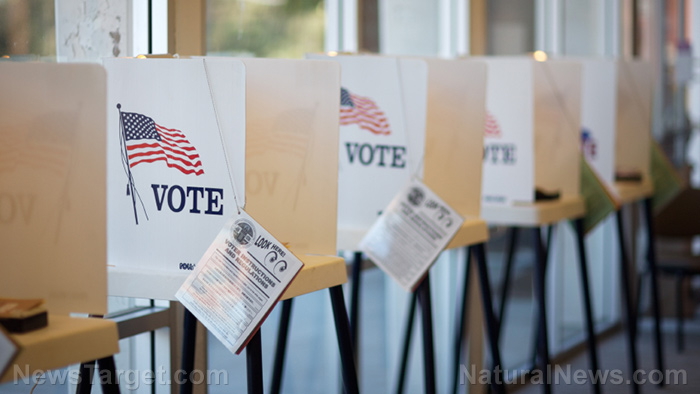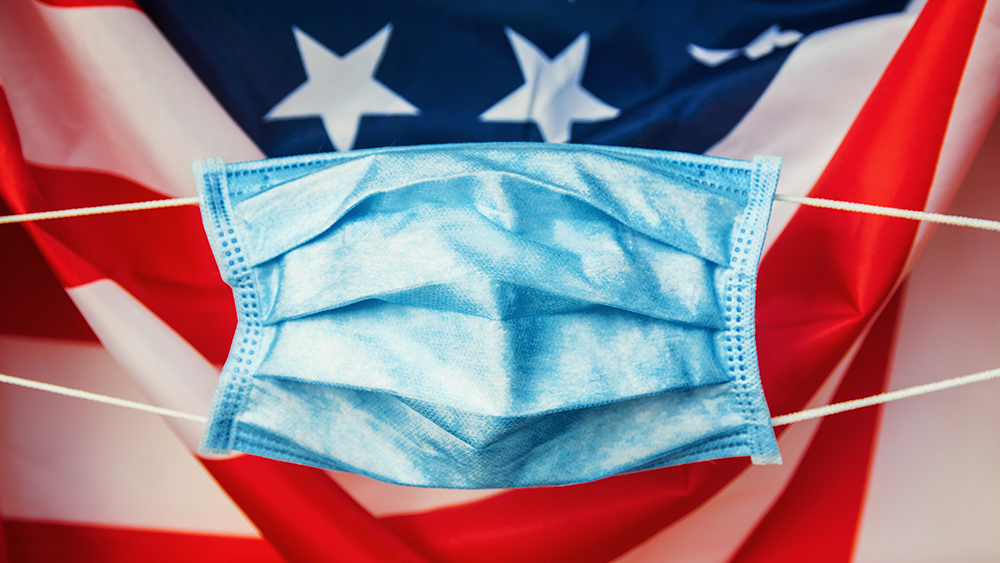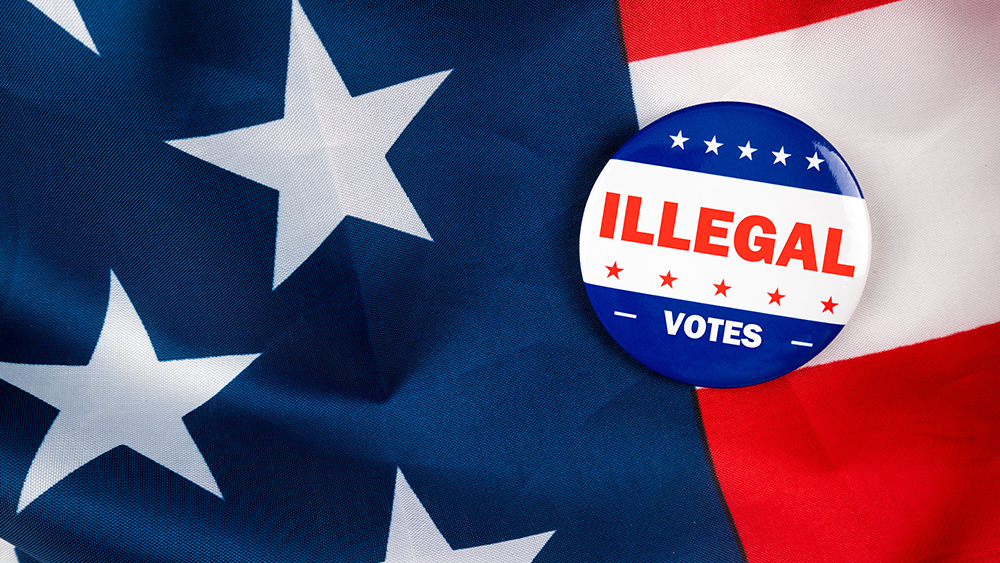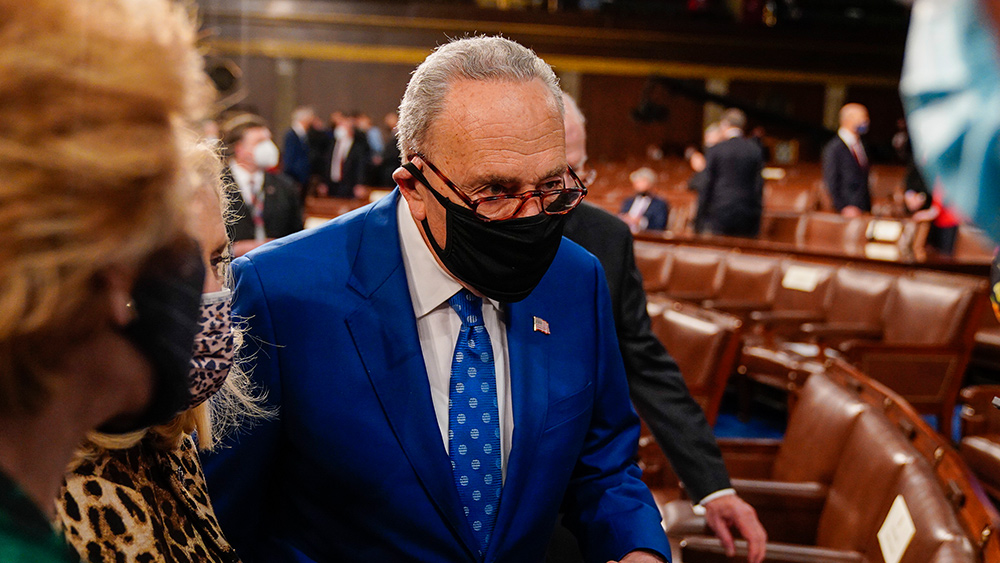Thou shalt not, but we shall: U.S. government ABUSES sin taxes and other “Orwellian methods of compliance” to feed their greed
02/14/2021 / By Cassie B.

It is no secret that the government has an insatiable appetite for money and power, and it has all sorts of methods at its disposal to pay for its excesses.
One of its favorite techniques appears to be “sin taxes.” Enacted under the guise of discouraging people from engaging in activities that could harm them, such as smoking, drinking alcohol or consuming sugary beverages, they are really just another way to fill their coffers.
Not content with the money they bring in from taxing your car, house, property, inheritance and income, some cities have recently started placing taxes on sugary drinks. There is no question that these beverages are pretty bad for your health, and the supposed aim of such taxes is to inspire lower-income communities that are dealing with diabetes and obesity epidemics to make healthier choices by raising the prices of these drinks significantly.
However, this approach is not having the intended effect. Although the sales of sugary drinks have indeed decreased in places that have enacted such a tax, the sales figures for the same drinks have spiked at stores situated just outside many of these cities. The only real effect it has had is pushing people to shop elsewhere – they’re still drinking what they want to drink and potentially giving themselves diseases. But the government doesn’t really care because they are still earning more money than they did before thanks to those who are still buying the drinks inside city limits.
Sin taxes are climbing, but people aren’t changing their behavior
Since 2000, the Pew Research Center reports that all but nine states have raised their taxes on cigarettes and tobacco products, with the median state tax on cigarettes climbing more than fourfold. Although the stated intent of such taxes is to improve public health, there is no denying that it’s also having the very convenient effect of collecting significant amounts of revenue from people who do not want to give up the habit.
Just how profitable is this approach? The Tax Policy Center estimates that sin taxes on alcohol, tobacco, lotteries and gambling raised almost $64 billion in revenue in 2017.
The state that benefits the most from sin taxes, according to rankings by USA Today, is Rhode Island, where 10.4 percent of its total revenue came from sin taxes in 2016. This is the largest share of revenue from sin taxes in the nation. Despite having just over a million residents, Rhode Island raked in more than $856 million thanks to sin taxes that year. West Virginia came in second place, with 6.9 percent of its total revenue coming from “sin” – $953.1 million to be exact. In both of these states, lottery was the most profitable sin.
Nevada, not surprisingly, came in third place. Sin City brought in $1.1 billion from sin taxes in 2016; its most profitable sin was gaming.
The problem with sin taxes is that they are regressive taxes that end up getting paid mostly by people with a low income. It is a tax on people who can least afford it, and it doesn’t fulfill its purported aim. Is all of the money that comes in from taxes on things like cigarettes and sugary drinks going directly to improve health care, or is it just ending up in states’ budgets, where it is ultimately being used to fund politicians’ paychecks and other wasteful government spending?
If the government truly cared about the people who are making poor health decisions, it would devote more resources to education and warning labels showing people the consequences of these actions. This could potentially go a lot further in terms of discouraging these unhealthy habits than simply making them more expensive.
Sources for this article include:
Tagged Under: alcohol, big government, cigarettes, corruption, economics, government, greed, obey, Orwellian, sin tax, sin taxes, soda, Taxes
RECENT NEWS & ARTICLES
COPYRIGHT © 2017 CORRUPTION NEWS

